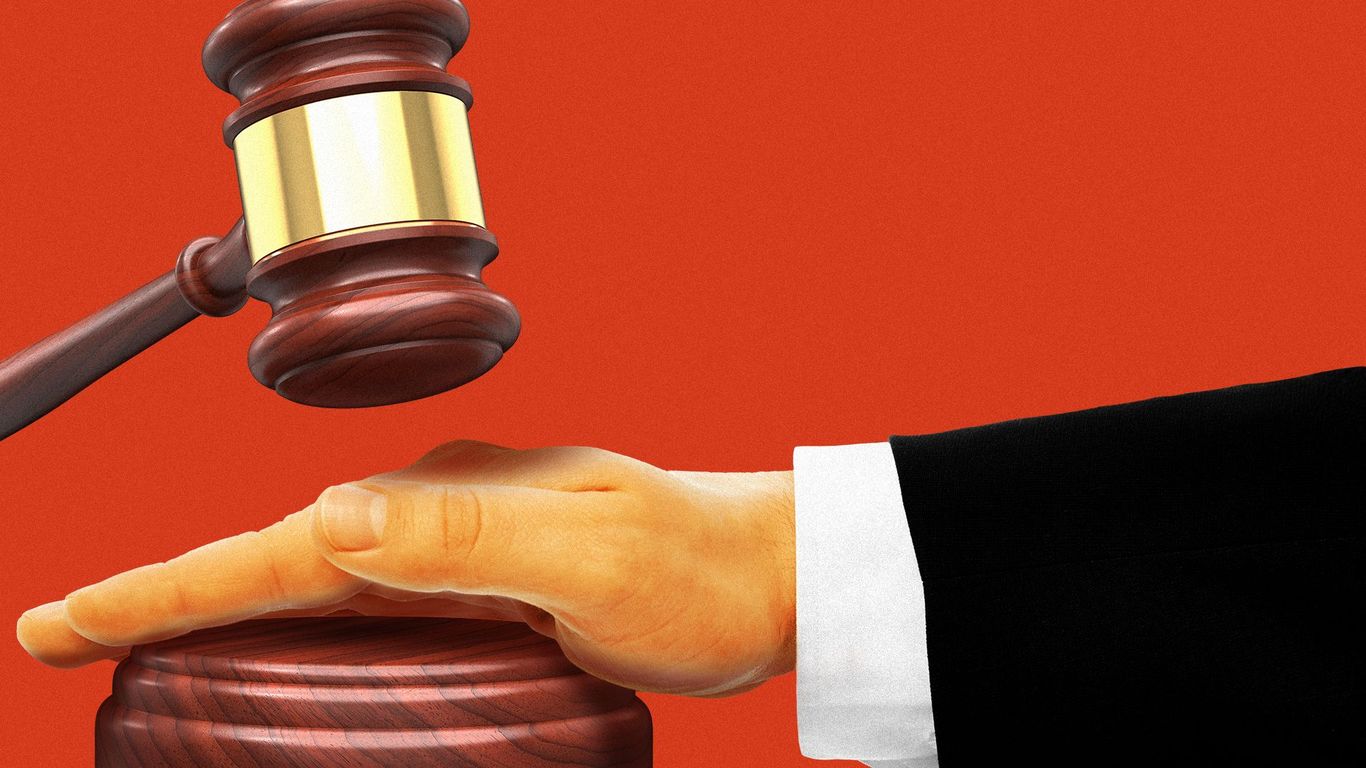Trump Unleashes Chaos: Mass Jan 6 Pardons Ignite Firestorm

The recent actions of former President Trump have brought attention to his tendency to make spontaneous decisions. A notable example of this is his decision to pardon a large number of individuals, which has sparked both praise and criticism from various parties. This move has been seen by some as a demonstration of Trump's willingness to take bold action, even if it means going against the advice of his own advisors.
As the news of the pardons spread, many began to speculate about the reasoning behind Trump's decision. Some believe that this move was an attempt to distract from other issues that have been plaguing the former President, while others see it as a genuine effort to address concerns about the justice system. Regardless of the motivations, one thing is clear: Trump's decision-making process is often unpredictable and difficult to anticipate. This has led to a sense of uncertainty among those who are trying to understand the implications of his actions.
The pardons have also raised questions about the limits of presidential power and the role of the executive branch in the justice system. Some have argued that Trump's actions are an overreach of his authority, while others see them as a necessary check on the power of the judiciary. As the debate around the pardons continues, it is likely that we will see a further examination of the balance of power between the different branches of government.
In the midst of all this, Trump remains a figure of significant interest and controversy. His ability to generate headlines and spark debate is unparalleled, and his influence on the political landscape continues to be felt. As we move forward, it will be important to keep a close eye on his actions and to consider the potential implications of his decisions. By doing so, we can gain a deeper understanding of the complex and often unpredictable world of politics.
One thing that is clear is that Trump's decision to issue a large number of pardons has significant implications for the justice system and the role of the executive branch. The fact that he was willing to go against the advice of
As the news of the pardons spread, many began to speculate about the reasoning behind Trump's decision. Some believe that this move was an attempt to distract from other issues that have been plaguing the former President, while others see it as a genuine effort to address concerns about the justice system. Regardless of the motivations, one thing is clear: Trump's decision-making process is often unpredictable and difficult to anticipate. This has led to a sense of uncertainty among those who are trying to understand the implications of his actions.
The pardons have also raised questions about the limits of presidential power and the role of the executive branch in the justice system. Some have argued that Trump's actions are an overreach of his authority, while others see them as a necessary check on the power of the judiciary. As the debate around the pardons continues, it is likely that we will see a further examination of the balance of power between the different branches of government.
In the midst of all this, Trump remains a figure of significant interest and controversy. His ability to generate headlines and spark debate is unparalleled, and his influence on the political landscape continues to be felt. As we move forward, it will be important to keep a close eye on his actions and to consider the potential implications of his decisions. By doing so, we can gain a deeper understanding of the complex and often unpredictable world of politics.
One thing that is clear is that Trump's decision to issue a large number of pardons has significant implications for the justice system and the role of the executive branch. The fact that he was willing to go against the advice of
